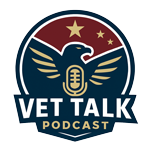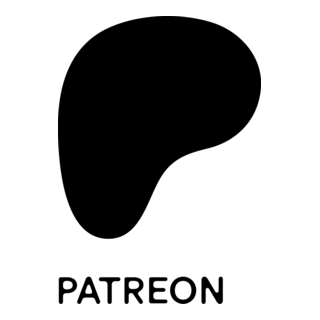How a Government Shutdown Could Affect Veterans
How a Government Shutdown Could Affect Veterans
A federal government shutdown does not stop all veteran services, but it can create uncertainty and disruption. The Department of Veterans Affairs (VA) has contingency plans to keep most core operations running — especially medical care, crisis support, and benefits processing. Still, delays and suspensions in certain areas are possible, and veterans should know what to expect and where to seek help.
What Will Continue
According to the VA’s official Contingency Planning Guide, most critical services remain operational:
- Medical Care: VA hospitals, outpatient clinics, and Vet Centers stay open.
- Benefits Payments: Compensation, pension, education, and housing benefits continue — at least in the early phase of a shutdown.
- Burials: VA national cemeteries continue providing burial services.
- Appeals: The Board of Veterans’ Appeals continues to issue decisions.
- Crisis Support: The Veterans Crisis Line and key call centers remain open.
- Essential Programs: Suicide prevention, homelessness services, and caregiver support are protected and continue.
What May Be Curtailed
Some services are more vulnerable during a prolonged shutdown:
- Transition Assistance & Career Counseling: May be paused.
- GI Bill Hotline (1-888-GIBILL-1): Could face reduced hours or closure.
- Regional Offices: May close to the public, reducing in-person support.
- Cemetery Operations: Grounds maintenance and placement of permanent headstones may be delayed.
- Memorial Services: Printing of new Presidential Memorial Certificates may be suspended.
The VA has warned that if a shutdown continues for weeks, funds for certain veterans’ benefits could eventually run out (American Legion).
Risks and Constraints
- Delays in Claims: New claims and appeals may take longer to process. During the 2013 shutdown, a backlog grew significantly.
- Interagency Dependencies: Some benefits depend on other agencies (e.g. Department of Education for GI Bill processing), which may be closed.
- Communication Gaps: Public outreach, press responses, and social media updates may be suspended, making it harder to get timely information.
Resources Veterans Can Rely On
Even if some services pause, many critical resources remain available:
- Veterans Crisis Line — Dial 988, then press 1 (24/7)
- VA Benefits Hotline — 1-800-827-1000
- GI Bill Hotline — 1-888-442-4551
- VA Website — va.gov for service updates, claims tracking, and benefit status
Veterans’ Service Organizations (VSOs) offering assistance and advocacy:
- American Legion
- Veterans of Foreign Wars (VFW)
- Disabled American Veterans (DAV)
- National Resource Directory
Local resources:
- Vet Centers (often remain fully operational)
- Community Veteran Service Officers
- Nonprofits like Team RWB, Iraq and Afghanistan Veterans of America (IAVA), and state veterans’ agencies
Practical Steps for Veterans
- Keep Records: Hold onto receipts, timestamps, and confirmation numbers for any claims filed during the shutdown.
- Plan Ahead: If you rely on transition programs, education benefits, or job training, expect possible delays.
- Seek Alternatives: Use nonprofit and community resources for short-term help with housing, food, or emergency assistance.
Final Word
A government shutdown adds stress, but veterans should know that core health care, crisis support, and most benefits continue. For areas that may face interruptions — like new claims, career counseling, or education support — veterans can lean on service organizations and community resources until normal operations resume. The key is staying informed, prepared, and connected.




